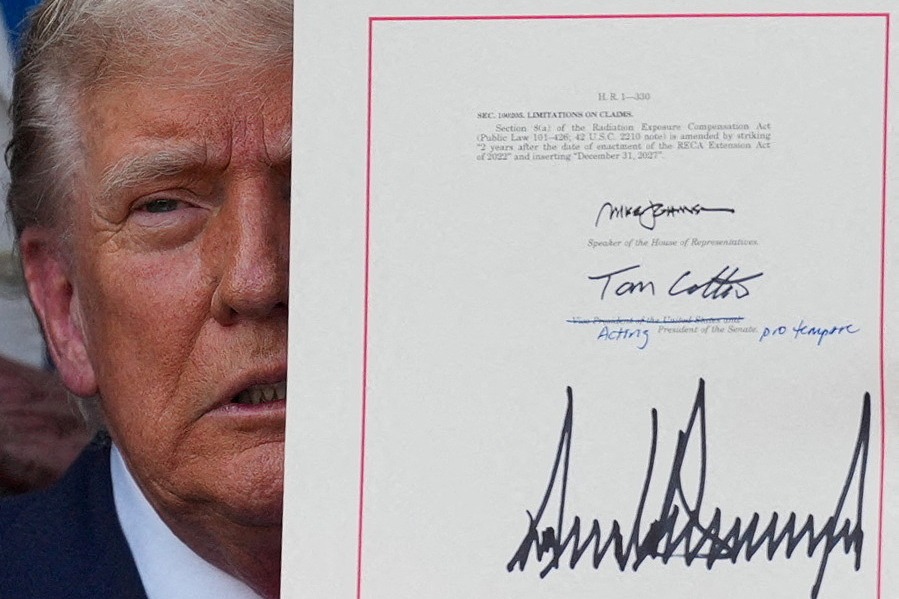Iran set to retaliate for attack in Syria

TEHERAN — Iran is set to retaliate for Israel's attack on the Iranian consulate building in Syria last week, but the method, severity and timing of the response remain to be seen, Iranian experts say.
Israel launched a missile strike on the consular section of the Iranian embassy in the Syrian capital Damascus on Monday, killing seven Iranians, including two veteran commanders of Iran's Islamic Revolution Guards Corps and a number of Syrian civilians.
Following the attack, Iran's Supreme Leader Ali Khamenei said the country's "brave men" would inflict "a regret-inducing punishment" on Israel for its "criminal "attack. Iran's President Ebrahim Raisi also said the "cowardly crime will not go unanswered".
Seyed Reza Sadr al-Hosseini, a Teheran-based expert on West Asia issues, said Israel was acting like a "drunk person" as it hit a "strategic dead end" on the issue of Palestine, especially in the Palestinian enclave of Gaza Strip, where Israel has been engaged in a military campaign to wipe out Hamas since October.
Israel's moves, backed by the United States and a number of European members of NATO, "have crossed all possible humane red lines", Sadr al-Hosseini said.
He cited Israel's killing of more than 33,000 people in Gaza and the attack on the Iranian consulate building in Syria as among the "red lines" Israel has breached.
In an analysis published by the semi-official Mehr news agency on Wednesday, Asghar Zarei, a foreign policy affairs expert in Teheran, said the Israeli attack was an "adventurist and dangerous" move taken because of Israel's failure to reach its targets in Gaza as well as the unprecedented economic losses and casualties it has suffered in the conflict.
By attacking the Iranian consulate, Israel aimed to divert media attention and global public opinion away from "Israeli crimes committed in Gaza", he said.
In an analysis published by Iran's official news agency IRNA on Tuesday, Ahmad Sadat, a regional affairs expert in Teheran, said the Israeli government led by Prime Minister Benjamin Netanyahu is also facing deepening internal differences among the cabinet, rising inflation, and the fatigue of Israeli soldiers in Gaza, which have led to calls for Netanyahu to resign.
On the possible response to Israel's attack, Sadr al-Hosseini said Iran would use all its diplomatic capacities and moves, including filing a complaint to the UN Security Council and raising the issue at the General Assembly, while reserving the right to give a proportionate response to the Israeli attack "at the right time and place".
It was impossible to predict the timing, method and level of Iran's retaliation against Israel, or if Teheran's retaliation would be taken through a direct move or done by its friends in the resistance front, he said.
Zarei said Israel would receive "a fitting response" for its attacks, because Iran had previously shown that it could deal a "deterrent" blow to Israel.
"This time Teheran's response to the Israeli aggression would be costly and painful for Israel," he said, adding that any Israeli diplomatic missions could be targeted for attacks by resistance groups in the region and those against Israel.
Xinhua
Today's Top News
- Israel's Gaza takeover plan widely condemned
- S. Korea visa waiver spurs surge in travel interest
- Top cities signal easing to support property market
- Ties bolster heritage protection
- Gaza 'takeover' will ignite another horrific chapter for the Middle East: China Daily editorial
- STAR shines for innovative companies






























